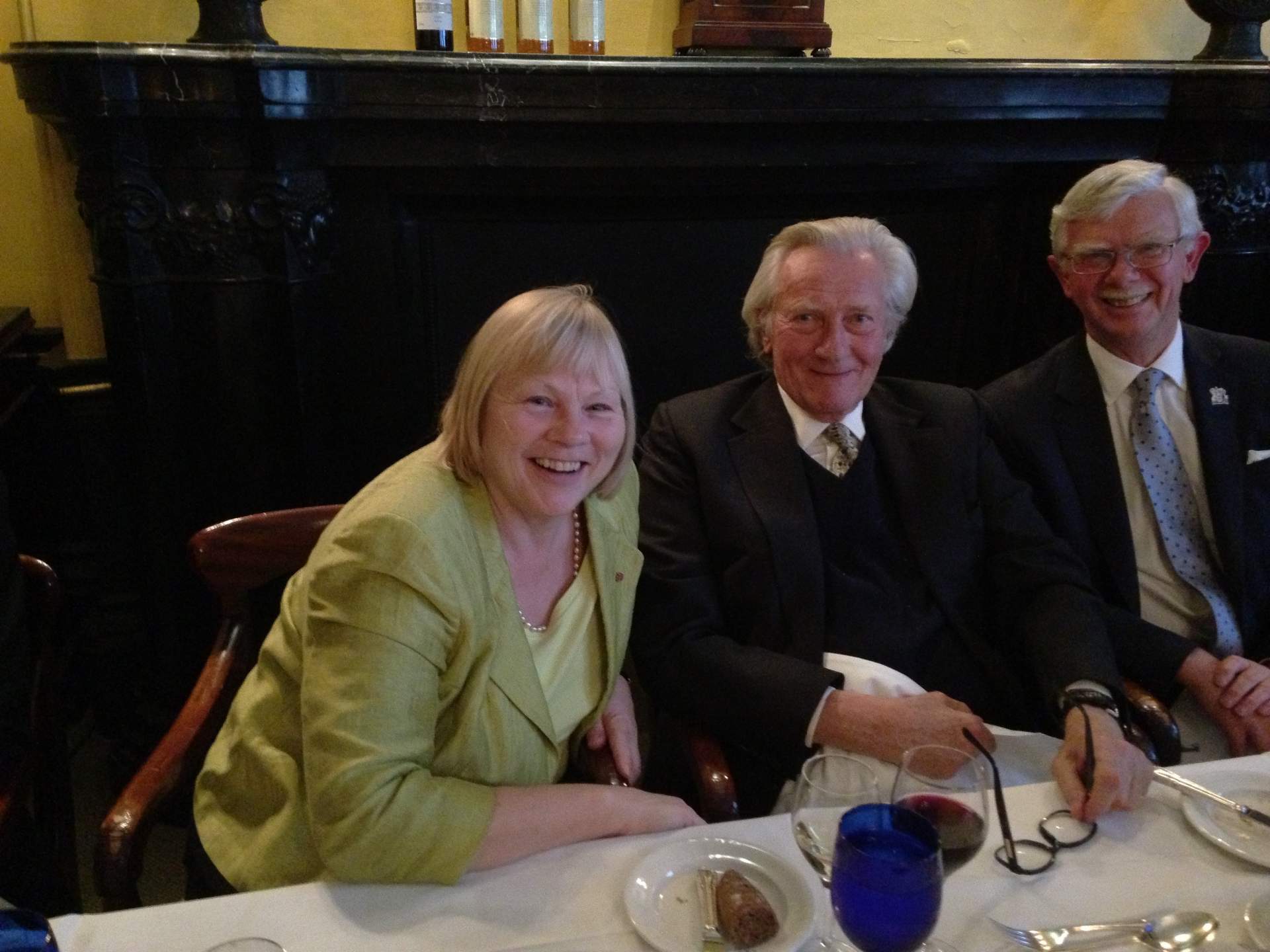We would like to use cookies to ensure we give you the best experience on our website. If you consent to us using cookies, please click on the tick.

The first time I voted in a General Election was February 1974. As it happened, it was a postal vote and I was deprived of the visceral joy and tear-filled, awesome privilege of entering the polling booth to place my cross alongside my chosen candidate - emotions I’ve continued to experience each time I’ve voted over the ensuing four decades. When I cast my first vote, I wept quietly at the memory of the thousands of suffragettes who at the beginning of the 20th century had fought for my right as a woman to so do.
Women like Emily Wilding Davison who died whilst trying to throw a suffragette banner over the King’s horse at the Epsom Derby on 5 June 1913 and whose life is being celebrated with a special centennial weekend ‘Emily Inspires’ to be held from 14-15 June 2013. This will commemorate her burial in the churchyard of St. Mary the Virgin Morpeth close to Longhorsley, in Northumberland where she had lived and fittingly my friend Baroness Helena Kennedy QC will give the keynote address at the church that Saturday.
Each time I vote – and I have never not voted in every possible local national and European election going over the last 4o years - I think too of the millions of people across the world that to this day are still denied this very basic human right – to choose who we wish to govern. As Winston Churchill famously reminded us there are ‘many forms of government that have been tried in this world of sin and woe. No one pretends that democracy is perfect or all wise but it’s better than all the alternatives’. **
Back in 1974, I was just about to turn 21 and spending the third year of my 4-year degree course in Nancy, North Eastern France. Being a student, particularly in France at that time - not that long after ‘les évenéments’ of ‘68’ - served only to heighten my already enthusiastic and, as it turned out, enduring interests in politics – as a spectator sport not as someone actively interested in pursuing a political career myself.
The 1974 general election resulted in deadlock, with neither the Tories nor Labour commanding an overall majority, and when Edward Heath failed to do a deal with the Liberals, unlike Cameron and Clegg in 2010, Labour’s Harold Wilson became a minority Prime Minister - only to find that 8 months later (and me back at the University of Liverpool doing my finals) he had to call another election (my second chance to vote) which once again resulted in virtual stalemate.
What ensued over the next five years as Labour’s tiny three-seat majority quickly evaporated is hilariously and dramatically portrayed in James Graham’s play ‘This House’ currently showing to considerable acclaim at the National Theatre. Those were the days when the TV cameras had yet to penetrate the Palace of Westminster, the whips’ offices routinely stayed up all night to get votes through and there were only 8 women MPs from a total of 650!
Perhaps most famously – and the subject of the play – the late 1970’s was the time when against all precedent, a Labour MP broke his pairing agreement with his Tory counterpart resulting in Tony Benn writing in his diary that ‘we cheated’ to get Labour’s plans for the nationalisation of aircraft and ship building through. When the teller announced the result all hell let loose and amongst other notable acts of raw outrage and aggression, Michael Heseltine impetuously grabbed the Mace and brandished it wildly over his head – impelled no doubt by a power and energy to see fairness and right prevail - similar to that felt by Emily Davison as she flung herself in front of the King’s horse. Michael, now Lord Heseltine, is still going strong and I had lunch with him recently in my capacity as Chair of the SE Midlands Local Enterprise Partnership. I was tempted to mention the Mace incident but decided to exercise diplomatic self-restraint whilst retaining a quiet admiration for his – and for Emily Davison’s - heroic endeavours in the name of democracy.
* Taken from the gravestone of Emily Davison - ‘Deeds not words’ was the slogan of the Women’s Social and Political Union (WSPU). Formed in 1903 by Emmeline Pankhurst, the WSPU brought together those who felt strongly that militant, confrontational tactics were needed in order to achieve women’s suffrage
** Sir Winston Churchill (1874 - 1965), Hansard, November 11, 1947
11 November 2024
11 November 2024
08 March 2024
24 December 2023
28 August 2023
31 December 2022
24 December 2022
05 May 2021